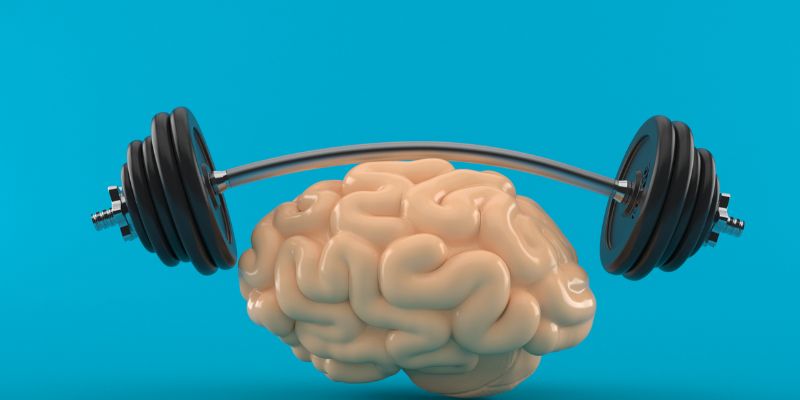Certain functional networks in the brain can trigger weight loss, latest evidence has demonstrated.
Research led by Wake Forest University School of Medicine has revealed that the brain function networks FN1 and FN2 can determine when an individual loses weight.
According to the report, functional brain networks are the areas of the brain that are working together in sync.
- Living in less prosperous neighbourhoods increases the risk of children becoming overweight
- Man puts type 2 diabetes into remission 23 years since diagnosis
During the study, the team of academics examined the brains of more than 70 adults to assess what networks influenced weight loss.
They found that the brain function in FN1 triggered weight lost during the resting state, while FN2 was associated with weight loss during the food-cue state.
The resting state is when there is a sensory motor motivational bias to pursue food, however when processing food cues, there is a deficit in the executive control and attention network.
Senior author, Dr Jonathan Burdette said: “These findings show that the brain network properties of people who were less successful at weight loss were different from folks who were more successful.
“Some people have a stronger unconscious sensory motor bias to pursue food, while others appear to have less.”
He added: “In a society of food abundance with food cues everywhere, this information can help explain why some people have such difficulty in taking off excess weight and maintaining it.
“Our findings provide further insight into complex functional circuits in the brain, so we now have a mechanistic understanding of why people aren’t losing weight.
“In theory, if you know more about urges and control, we will be able to tailor therapies to an individual as opposed to treating everyone the same.”
The study has been published in the journal Obesity.





